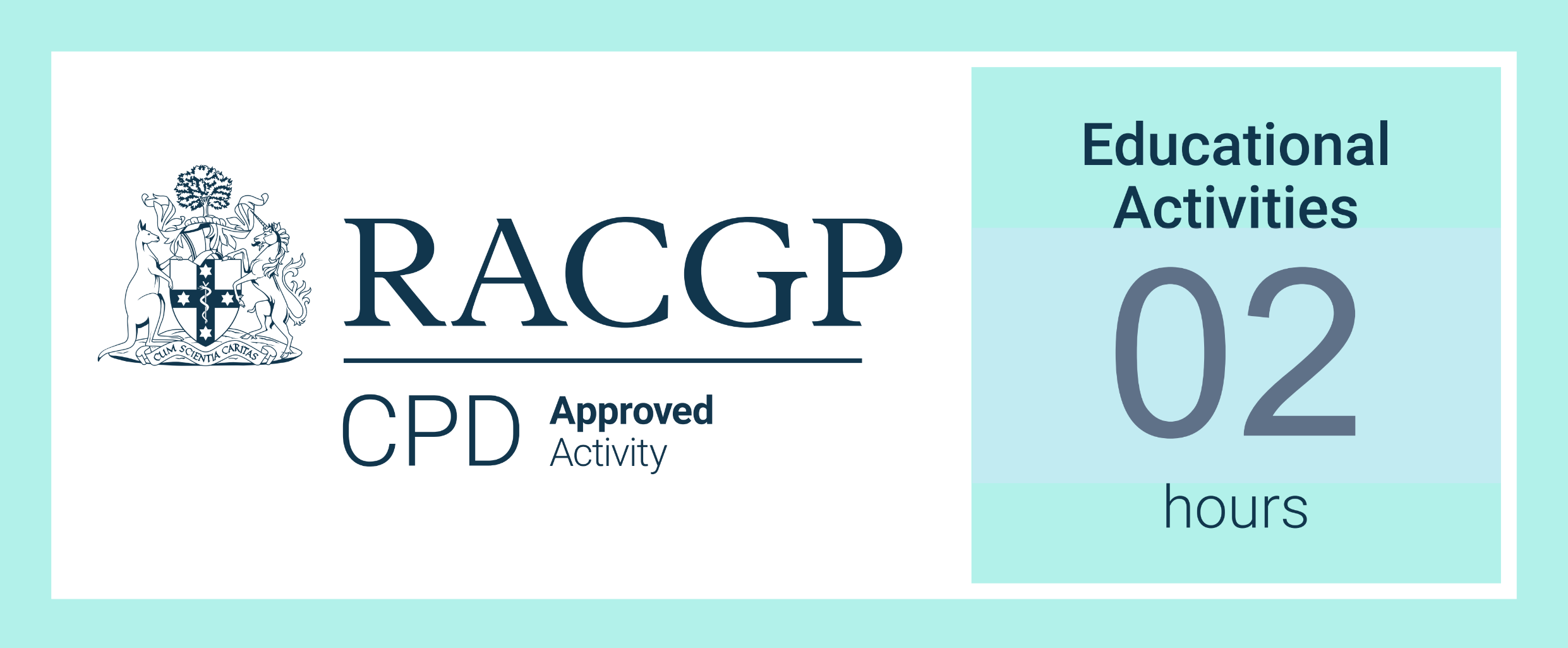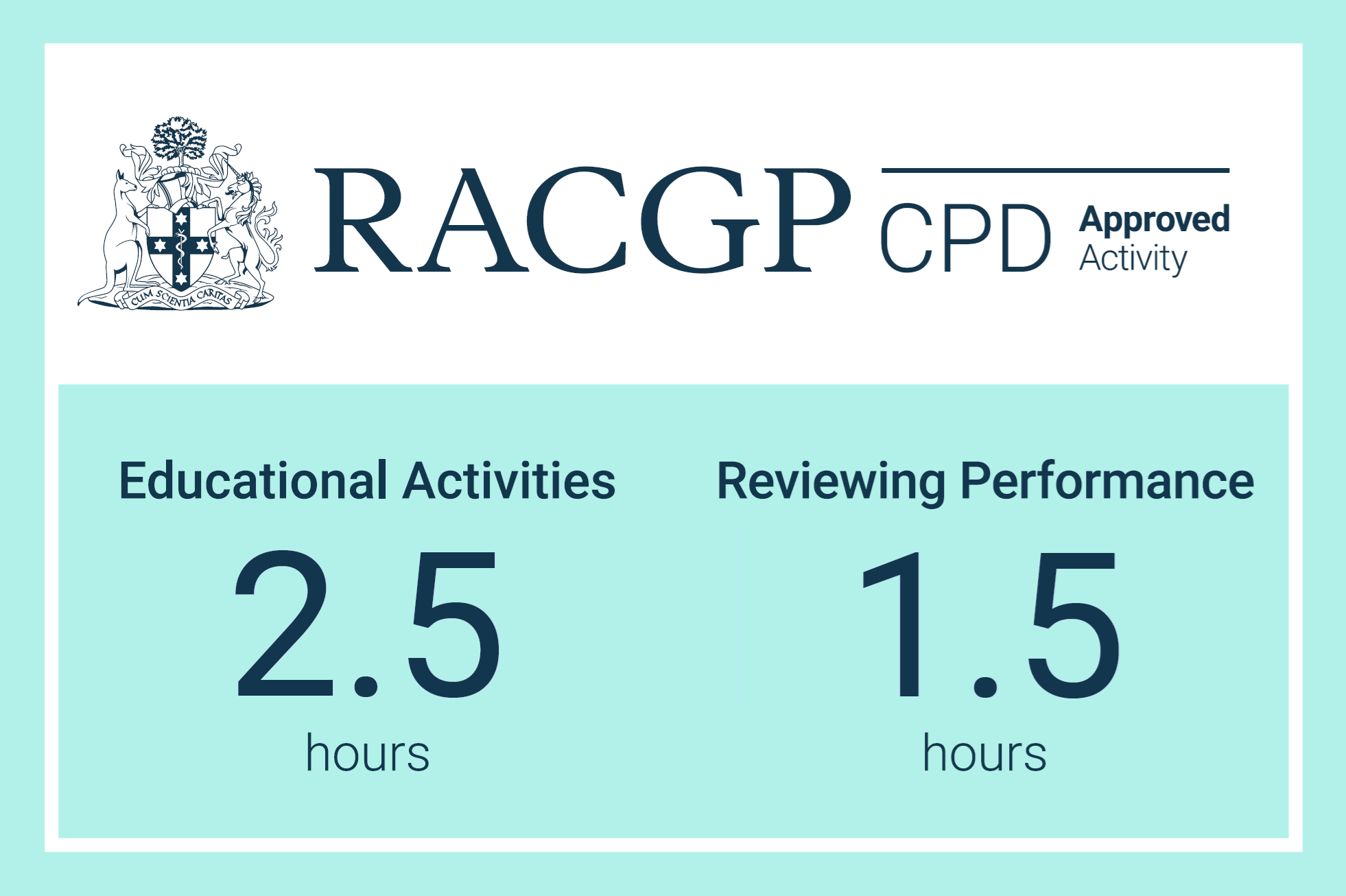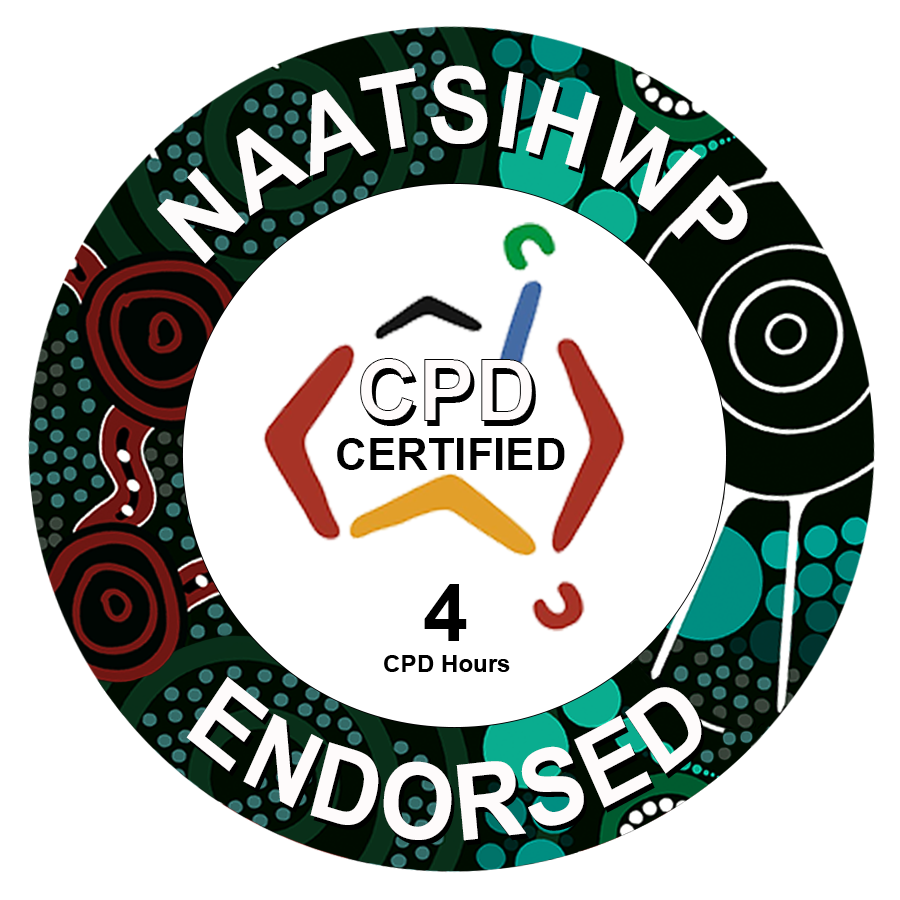Lung Foundation Australia has developed a range of free, accredited eLearning courses to support nurses in the delivery of evidence-based, culturally safe care to people affected by lung cancer. Content has been developed by clinical experts, including clinicians, specialist lung cancer nurses and Aboriginal and Torres Strait Islander Health Practitioners with extensive knowledge and experience in the specific healthcare contexts of people living with, or at risk of lung cancer.
Our nurse training has been packaged together and includes:
1. Fundamentals of Lung Cancer and Lung Cancer Nursing Care: This module introduces the fundamental aspects of lung cancer including types of lung cancer, aetiology, epidemiology, and complexities of lung cancer. The module also introduces the Specialist Lung Cancer Nurse (SLCN) role as an advanced practice nurse.
2. Optimal Lung Cancer Care – Prevention, Detection, Diagnosis, Staging, and Treatment Planning: This module explores the Optimal Care Pathway (OCP) for people with lung cancer, and how the 7 Steps of care in the OCP reflect a gold standard patient trajectory. The module focus’ on Steps 1 – 3 of the pathway, including lung cancer prevention, detection, diagnosis, and treatment planning and highlights the important role of the Specialist Lung Cancer Nurse in these pathway steps.
3. Optimal Lung Cancer Nurse Care – Treatment: This module continues to explore the Optimal Care Pathway for people with lung cancer, focusing on Step 4: treatment and highlighting the crucial role of the Specialist Lung Cancer Nurse.
4. Lung Cancer Survivorship: This module is designed to provide nurses with the knowledge required to deliver survivorship care and support to lung cancer patients and their families. Covering the epidemiology of lung cancer, the essentials of survivorship care, and the nurse’s pivotal role, the module provides a guide for enhancing lung cancer survivors’ quality of life. Module content emphasises evidence-based strategies and practical resources for effective survivorship nursing care.
5. First Nation’s Lung Cancer: This training course includes 4 modules, focusing on the skills required to effectively engage with Aboriginal and Torres Strait Islander peoples, their families and communities, as well as the risk factors, incidence, survival and mortality rates of lung cancer. Cultural factors shaping trends are also explored in line with the unique challenges of lung cancer care for Aboriginals and Torres Strait Islanders.






